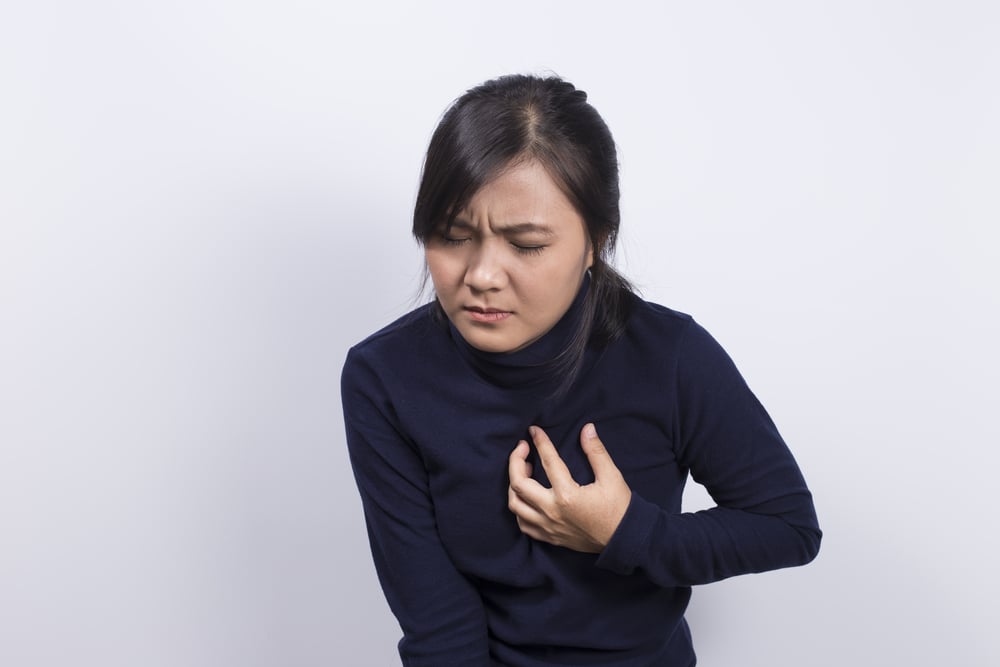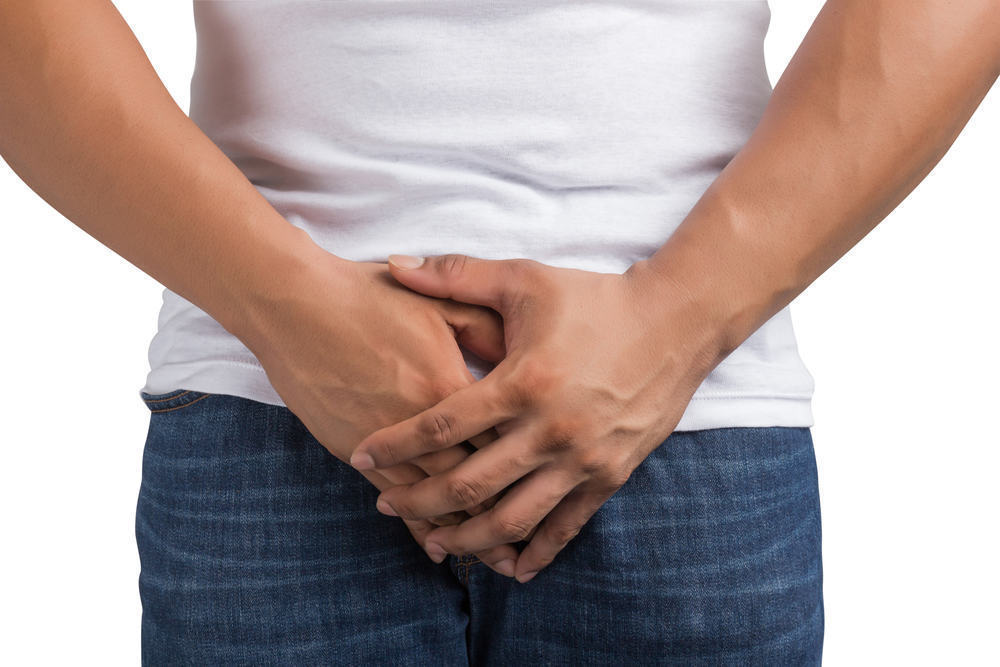Contents:
- Medical Video: What Causes Chest Pain When It's Not Your Heart
- Not all chest pain comes from the heart
- Various heart diseases that cause chest pain
- Characteristics of chest pain due to coronary heart disease
- What to do if you suspect you have a heart attack
Medical Video: What Causes Chest Pain When It's Not Your Heart
When experiencing chest pain, one thing you first think about might be heart disease. Chest pain is certainly something that is worrying and you need to be aware of. Even so, did you know that not all chest pain is a sign of heart disease? Here are facts about chest pain that you need to know.
Not all chest pain comes from the heart
Have you ever felt a chest pain and you think you have a heart disease, but when you go to the doctor it turns out it's just heartburn? Or maybe you have felt pain in the pit of the stomach that you think is just normal heartburn, it turns out you have a heart attack?
In fact it is difficult to distinguish the causes of chest pain because not all chest pain comes from the heart. Chest pain can be caused by various organs, such as the lungs, muscles, ribs, nerves and digestive tract, each of which has a characteristic that can help doctors to distinguish each cause. It's hard for you to tell the difference, so you should consult your doctor.
Various heart diseases that cause chest pain
If you find that you have heart disease, the causes vary. The most often certainly is a blockage in the heart arteries or better known as coronary heart disease (CHD).
Coronary heart disease is a blockage in the heart blood vessels which causes the supply of oxygen and blood to the heart muscle to decrease which causes pain, known as angina. When blockages cause death in the heart muscle, the pain will feel more intense and the damage will be permanent.
In addition to blockages, other diseases of the heart such as infection of the heart muscle (myocarditis), infection of the heart membrane (pericarditis), and damage to the heart valve can also cause chest pain.
Characteristics of chest pain due to coronary heart disease
Chest pain caused by coronary heart disease (CHD) has certain characteristics. Knowing this can help you immediately make a decision to immediately seek help from a doctor. Following are the characteristics:
- Chest pain usually occurs when the heart has to work harder, for example, when exercising or walking away
- If it recurs, the pain that is felt tends to be the same
- Depending on the light weight, the pain can be felt from 5 minutes to more than 10 minutes
- Pain usually can be reduced with rest or medication
- Pain can spread to the neck to the arm or back
- Pain can be accompanied by cold sweat
- Usually the pain is described as a chest that is squeezed or feels like a heavy burden has been overwritten
The characteristics above are characteristics if the disease is mild, if it is more severe then chest pain may arise at rest and not diminish with medication.
What to do if you suspect you have a heart attack
When you experience a heart attack, at that time you are racing against time. The longer you get further treatment, the heart muscle will increasingly lack blood supply and oxygen. The heart muscle that is damaged will be more widespread so that if there is permanent damage it will cause a malfunction of the heart.
How long since you feel chest pain until you arrive at the emergency department also determines the choice of actions that can be taken. The faster you come, the better the results. It is recommended that you arrive at the emergency department to get treatment in less than 120 minutes with the ideal time "golden hour " less than 60 minutes.












